Grocery sales increased by +1% in August, despite a disappointing spring and early summer performance in which sales declined, falling to -0.5% in July, according to Nielsen data.
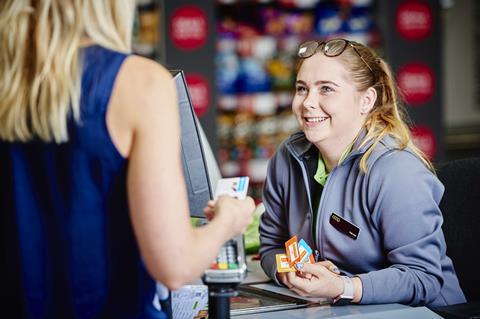
The data revealed that despite a sales uplift, the growth still fails to reach the heights of summer 2018, in which grocery sales increased +4.2% during the same period.
In the last four weeks, shoppers spent £85m more on own label products than this time last year - with volumes rising by 3% - compared with branded products, which declined by 2%. When it comes to own label, shoppers have bought more frozen foods (+7%), canned and packaged grocery items (+6%) and bakery products (+5%), which is attributed to both increasing caution around spending and shifting promotional priorities.
Nielsen’s UK head of retailer insight, Mike Watkins, said: “We’re starting to see shopping behaviour return to normal with the increase in own label purchasing given their lower price points, whereas last year shoppers bought more branded products thanks to heavy promotions tied to the big event of summer 2018.”
Over a 12-week period ending 10 August, Lidl and Aldi enjoyed sales increases of +12.1% and +9.5% respectively year on year, while Sainsbury’s (-0.4%) remained ahead of the Co-op Group (-0.8%), Morrisons (-2.4%), Asda (-1.1%) and Tesco (-1.7%), Nielsen said.
Following the recent announcement of Marks & Spencer and Ocado’s joint venture, Watkins added: “It is promising to see that the grocery market has started to recover from the low growth which has been a consistent theme since Easter.
“These trends have largely been obfuscated by the weather and current value growth is still not in line with inflation, which the latest Consumer Price Index pegged at 2.1%. As a whole, the big four supermarkets are still continuing to lose market share.”
















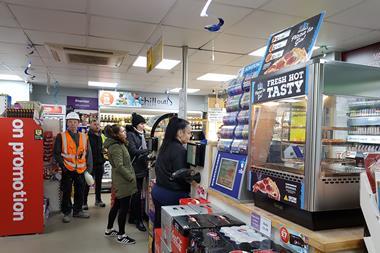
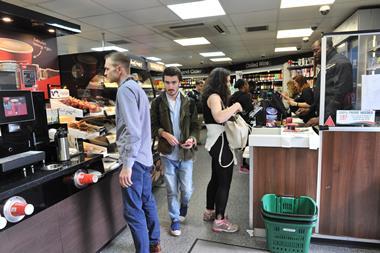
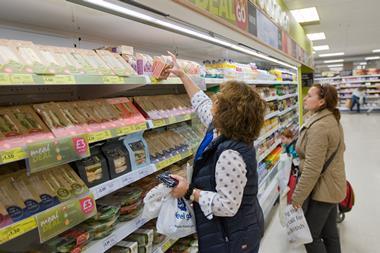
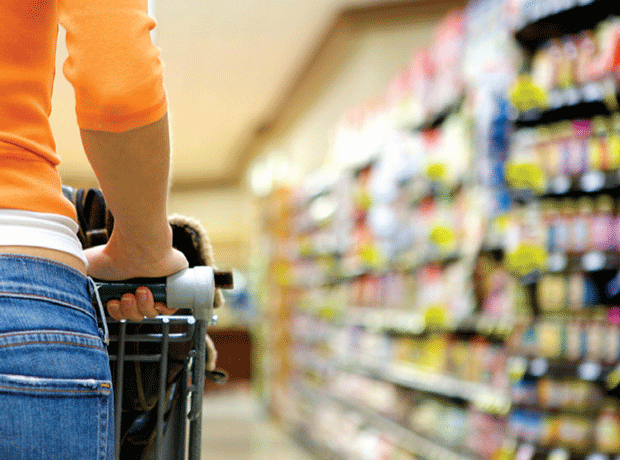
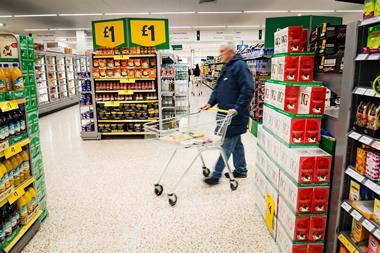



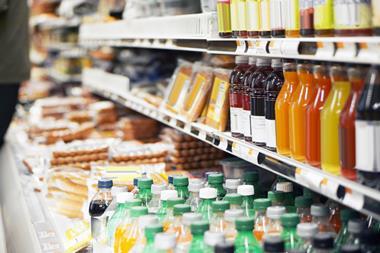
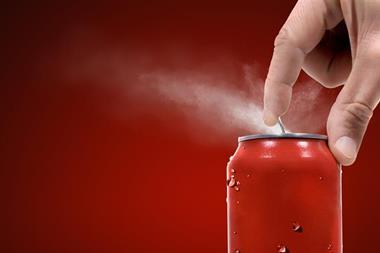
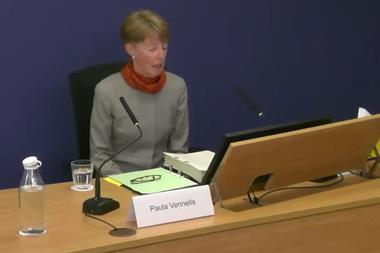
No comments yet